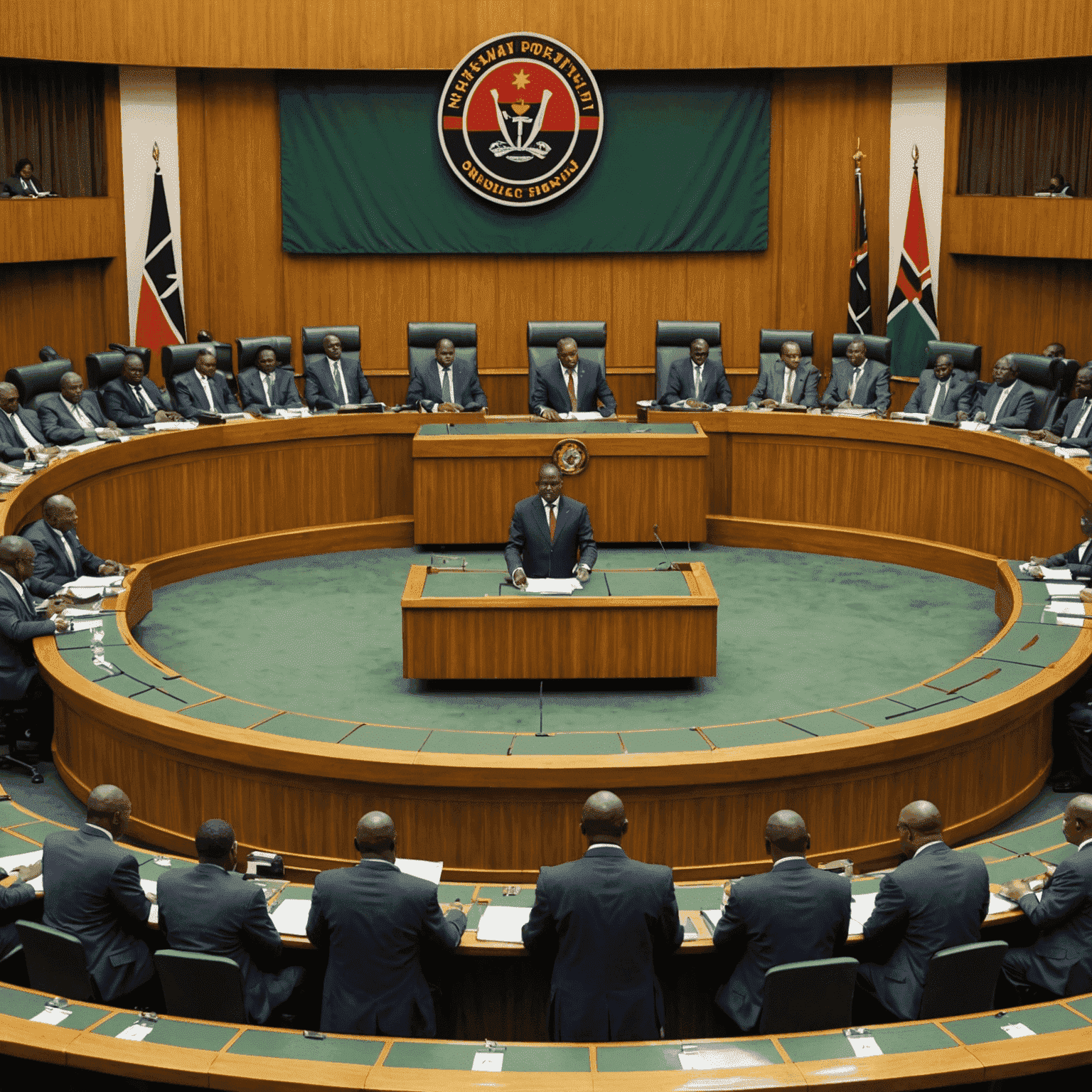Nigeria Introduces New Tax Policies for SMEs

The Nigerian government has recently unveiled a set of new tax policies aimed at supporting small and medium-sized enterprises (SMEs) across the country. These changes are designed to stimulate economic growth and encourage entrepreneurship in Africa's largest economy.
Key highlights of the new regulations include:
- Tax holidays for startups in their first two years of operation
- Reduced corporate tax rates for businesses with annual turnover below ₦100 million
- Simplified tax filing procedures for small businesses
These measures are expected to have a significant impact on the local business landscape, potentially leading to increased investment and job creation in the SME sector.


